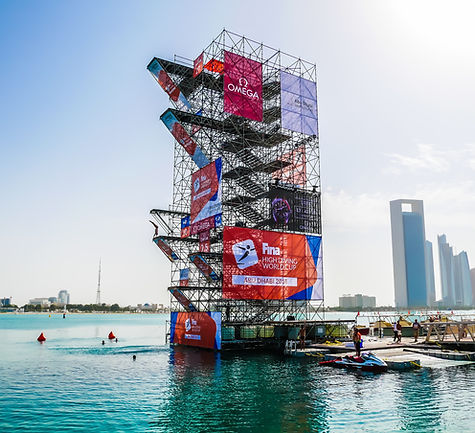
An event planner is responsible for organizing and coordinating a wide variety of events. From corporate meetings to social gatherings, there are different types of events that events companies can handle.
Corporate events:
Corporate events include conferences, seminars, product launches, team building activities, and holiday parties. These events are designed to promote a company’s brand, products or services, and foster relationships among employees, clients, and stakeholders. Event planners must have a strong understanding of the company’s goals and target audience in order to create an engaging and productive experience.
Social events:
Social events include weddings, birthdays, anniversaries, graduations, and other milestone celebrations. These events are personal and emotional experiences that require careful attention to detail and sensitivity to the client’s wishes. Event planners must work closely with the client to understand their vision, budget, and preferences, and then execute every element flawlessly.
Non-profit events:
Non-profit organizations often host fundraisers, galas, and charity events to raise awareness and funds for their cause. Event planners that specialize in non-profit events must be skilled at creating compelling narratives that inspire action and generosity from attendees. They must also steer complex logistics related to sponsorships, donor recognition, and volunteer management.
Sports and entertainment events:
Sports and entertainment events range from concerts and festivals to marathons and awards shows. These high-profile events demand exceptional project management skills, as well as expertise in stage design, lighting, sound, and security. Event planners must coordinate with multiple vendors, talent managers, and venue staff to ensure a smooth and memorable experience for attendees.
Trade shows and expos:
Trade shows and expos bring together businesses, professionals, and consumers in a specific industry to showcase new products, services, and trends. Event planners must manage registration, exhibit sales, marketing, and logistical details such as booth placement, electrical needs, and shipping. They may also provide additional programming such as keynote speeches, workshops, and networking opportunities.
Virtual and hybrid events:
The COVID-19 pandemic has accelerated the trend towards virtual and hybrid events, which combine in-person and online elements. Event planners must now be proficient in digital platforms, live streaming technology, and cybersecurity measures to deliver engaging and interactive experiences for remote audiences. They must also balance the unique challenges of producing content for both physical and virtual spaces.
